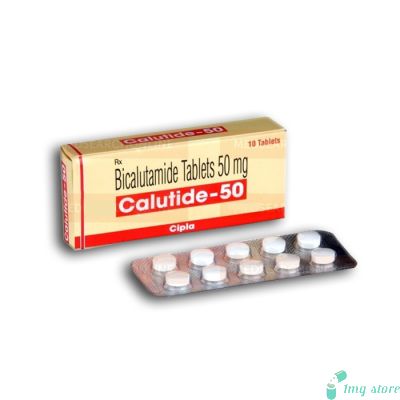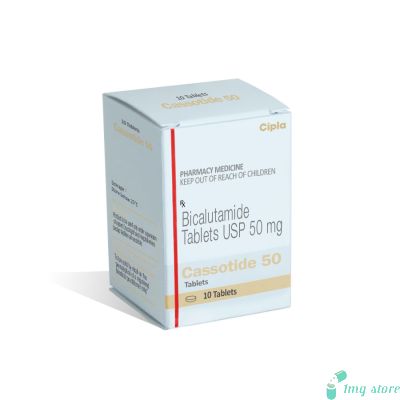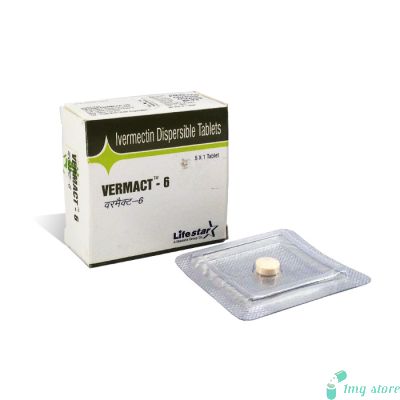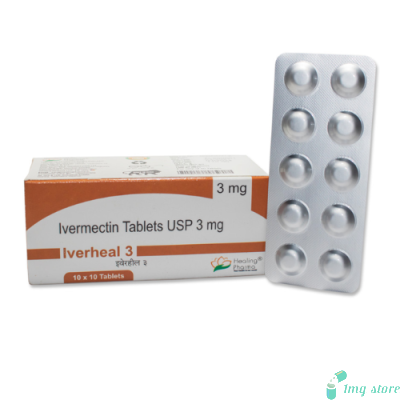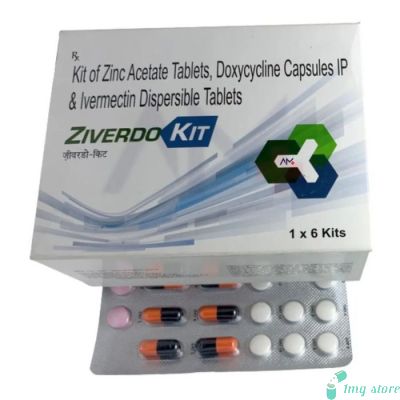Flonida Cream (Fluorouracil)
Fluorouracil Cream, also known by its brand names Drucil, Carac, Efudex, or Flonida, is a topical medication used for the treatment of certain skin conditions, including actinic keratosis, superficial basal cell carcinoma, and genital warts.
Fluorouracil Cream (Flonida): Effective For Certain Skin Conditions
Fluorouracil Cream, also known by its brand names Drucil, Carac, Efudex, or Flonida, is a topical medication used for the treatment of certain skin conditions, including actinic keratosis, superficial basal cell carcinoma, and genital warts. It belongs to the class of medications called antimetabolites and works by inhibiting the growth of abnormal cells on the skin's surface. This cream is typically applied directly to the affected area and is available only with a prescription. Fluorouracil Cream is a Life-Saving Drug used in the treatment of certain skin conditions, including actinic keratosis, superficial basal cell carcinoma, and genital warts. It belongs to the class of antimetabolite medications and works by inhibiting the growth of abnormal cells on the skin's surface. While Fluorouracil Cream is primarily used in dermatology for its Anti-Cancer properties, it is important to note that it is not intended for the treatment of all types of cancer.
In conclusion, Fluorouracil Cream (Flonida) is a topical medication that should be used with precautions, considering factors such as allergies, pregnancy, and medical history. It may interact with certain medications, and common side effects include local skin reactions and eye irritation. This life-saving drug is effective in treating specific skin conditions, but it is important to consult with a healthcare professional for proper guidance and monitoring during treatment.
Dosage Information:
Fluorouracil Cream is available in different strengths, and the dosage instructions may vary depending on the condition being treated. It is crucial to follow your doctor's instructions or the directions on the prescription label carefully. The cream is usually applied once or twice daily, with the duration of treatment ranging from several weeks to a few months.
Purchase Fluorouracil Cream:
Fluorouracil Cream is a prescription medication, which means it cannot be purchased over the counter. To obtain this cream, you will need a valid prescription from a healthcare professional. It is important to consult with your doctor, who will assess your condition and prescribe the appropriate strength and duration of treatment.
Fluorouracil Cream for Sale:
Our website claims to offer Fluorouracil Cream for sale with a prescription. Buying medications from authorized sources, as the authenticity, quality, and safety of the product can be guaranteed. It is always recommended to obtain prescription medications from healthcare providers.
Fluorouracil Cream (Flonida) for Acne:
Fluorouracil Cream is primarily indicated for the treatment of actinic keratosis, superficial basal cell carcinoma, and genital warts. It is not typically used for the treatment of acne. Acne is a different skin condition that requires specific treatments such as topical retinoids, benzoyl peroxide, or antibiotics. It is important to consult with a dermatologist to determine the most appropriate acne treatment.
In summary, Fluorouracil Cream (Flonida) is a topical medication used to treat actinic keratosis, superficial basal cell carcinoma, and genital warts. It is important to follow the prescribed dosage instructions and consult with a healthcare professional for proper guidance. Obtaining Fluorouracil Cream requires a valid prescription, and it is recommended to purchase medications from authorized sources to ensure safety and quality.
Before using Fluorouracil Cream (Flonida), it is essential to take certain precautions:
Allergic Reactions: Inform your healthcare provider if you have a known allergy to Fluorouracil or any other ingredients present in the cream. Allergic reactions to Fluorouracil Cream are rare but can occur. Seek immediate medical attention if you experience signs of an allergic reaction, such as rash, itching, swelling, dizziness, or difficulty breathing.
Pregnancy and Breastfeeding: Fluorouracil Cream/Efudex should be used with caution during pregnancy and breastfeeding. It is important to discuss the potential risks and benefits with your healthcare provider before using this medication in such situations.
Medical History: Inform your doctor about your complete medical history, especially if you have a history of certain conditions such as dihydropyrimidine dehydrogenase (DPD) deficiency, liver disease, or a weakened immune system. These conditions may affect the safety and efficacy of Fluorouracil Cream.
Eye Exposure: Fluorouracil Cream should not come into contact with the eyes, as it can cause severe eye irritation. If accidental eye exposure occurs, rinse the eyes thoroughly with water and seek medical attention if irritation persists.
Sun Exposure: During treatment with Fluorouracil Cream, the affected skin may become more sensitive to sunlight. It is important to protect the treated area from excessive sun exposure by wearing protective clothing and using sunscreen with a high sun protection factor (SPF).
Here are the typical uses and dosage instructions for Fluorouracil Cream:
Actinic Keratosis:
Actinic keratosis is a precancerous Skin condition caused by excessive sun exposure. Fluorouracil Cream is often prescribed to treat actinic keratosis. The cream is typically applied once or twice daily for two to four weeks. It is essential to apply the cream to the entire affected area and not just individual spots.
Superficial Basal Cell Carcinoma:
Superficial basal cell carcinoma is a type of skin cancer that affects the top layer of the skin. Fluorouracil Cream can be used as an alternative treatment for superficial basal cell carcinoma when surgery is not feasible. The cream is applied once or twice daily for several weeks, and the treatment duration may vary depending on the extent of the lesion.
Genital Warts:
Fluorouracil Cream/Efudex can also be used to treat genital warts caused by the human papillomavirus (HPV). The cream is applied once or twice daily for several weeks or as directed by your doctor. It is important to avoid getting the cream in the eyes, nose, mouth, or on healthy skin.
Fluorouracil Cream (Flonida) may cause certain After Effects, although not everyone experiences them.
Common side effects include:
Local Skin Reactions: The most common side effects are local skin reactions at the application site. These reactions may include redness, dryness, itching, burning, stinging, peeling, and crusting of the skin. These effects are usually temporary and improve as the treatment progresses.
Hypersensitivity Reactions: In rare cases, Fluorouracil Cream can cause severe allergic reactions. If you experience signs of a severe allergic reaction, such as rash, swelling, severe itching, dizziness, or difficulty breathing, seek immediate medical attention.
Eye Irritation: Accidental exposure to Fluorouracil Cream/Efudex to the eyes can cause severe eye irritation, redness, and pain. If eye exposure occurs, rinse the eyes thoroughly with water and seek medical attention if symptoms persist.
Systemic Side Effects: Although rare, Fluorouracil Cream can be absorbed into the bloodstream and cause systemic side effects. These may include nausea, vomiting, diarrhea, fever, fatigue, mouth sores, and changes in blood cell counts. If you experience any of these symptoms, inform your healthcare provider immediately.
FAQs about Fluorouracil Cream (Flonida):
Can I use Fluorouracil Cream for the treatment of wrinkles or fine lines?
Fluorouracil Cream is not recommended for the treatment of wrinkles or fine lines. It is specifically indicated for the treatment of actinic keratosis, superficial basal cell carcinoma, and genital warts. There are other topical treatments available that are specifically designed for improving the appearance of wrinkles and fine lines.
Can Fluorouracil Cream be used on open wounds or broken skin?
No, Fluorouracil Cream should not be applied to open wounds or broken skin. It is intended for use on intact skin. Applying the cream on open wounds or broken skin can lead to increased absorption of the medication and potential systemic side effects.
Can I apply cosmetics or sunscreen over Fluorouracil Cream/Efudex?
It is generally recommended to avoid applying cosmetics or sunscreen over Fluorouracil Cream. These products may interfere with the absorption and effectiveness of the medication. However, you should consult with your healthcare provider for specific instructions based on your individual circumstances.
Can Fluorouracil Cream be used on children?
Fluorouracil Cream is typically not recommended for use in children unless specifically prescribed by a healthcare professional. The safety and efficacy of this medication in pediatric populations have not been well established. It is important to consult with a doctor to determine the appropriate treatment options for children.
How long does it take for Fluorouracil Cream to show results?
The time it takes for Fluorouracil Cream to show results can vary depending on the condition being treated and the individual response. In general, visible improvement in the treated skin may be observed within a few weeks of starting treatment. However, complete clearance of the skin lesions may take several weeks or even months. It is important to follow the prescribed treatment duration and consult with your healthcare provider if you have any concerns about the progress of the treatment.
Some Of The Primary Drug Connections with Fluorouracil Cream
Fluorouracil Cream may interact with other medications, which can affect its effectiveness or increase the risk of side effects. It is important to inform your healthcare provider about all the medications, supplements, and herbal products you are currently taking. Here are some notable drug interactions:
Other Topical Medications: Using other topical medications simultaneously with Fluorouracil Cream may alter its absorption or increase the risk of adverse effects. Inform your doctor if you are using any other topical creams or ointments in the same area.
Xanthine Oxidase Inhibitors: Concomitant use of Fluorouracil Cream/Efudex with xanthine oxidase inhibitors, such as allopurinol, may increase the risk of severe skin reactions. Your doctor may need to adjust the dosage or monitor you closely if you are taking these medications.
Antimetabolite Drugs: Concurrent use of Fluorouracil Cream with other antimetabolite drugs, such as methotrexate or capecitabine, may enhance the systemic absorption of Fluorouracil, leading to an increased risk of side effects. Close monitoring is necessary if you are using these medications together.
It is crucial to discuss all potential drug interactions with your healthcare provider to prevent any adverse effects or reduce the risk of drug interactions.
| Manufacturer | : | A. Menarini India Pvt Ltd |
| Equivalent Brand | : | Efudix |
| Generic Search | : | Fluorouracil |









